Conference co-chairs
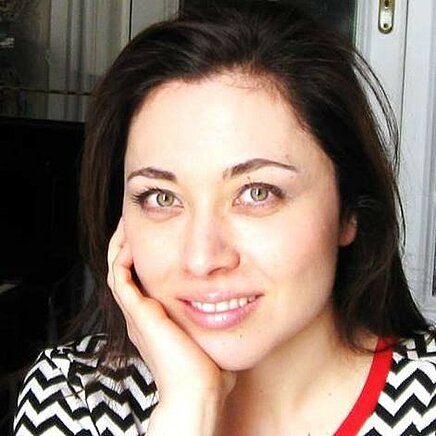
Gea Guerriero is a senior researcher with a PhD in Applied Biology from the University of Naples “Federico II” and an HDR from the University of Limoges.
After several years of research spent in Sweden, South Tyrol and Austria, she joined the CRP – Gabriel Lippmann (which later became the Luxembourg Institute of Science and Technology-LIST) in 2012. Her scientific activities have pivoted around the study of the mechanisms involved in the formation of bast fibres in hemp and nettle. More recently, her research has focused on the study of specialized metabolites synthesized by plants and plant cell cultures for their use in applied fields, for example, cosmetics and nutraceutics.
Since 2021 she has been a member of the scientific committee of the COST association.
She has co-authored 124 research papers and review articles (H-index 31).
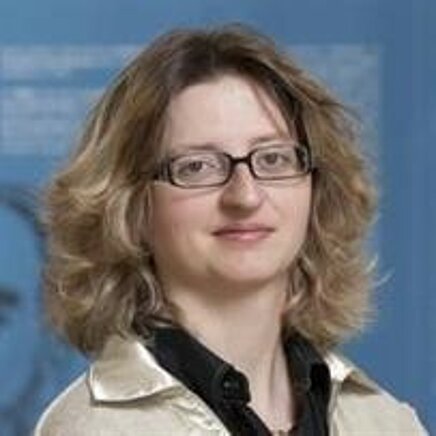
Jenny Renaut currently leads the Biotechnologies and Environmental Analytics Platform of the Luxembourg Institute of Science and Technology.
With a PhD in Biology from the Catholic University of Louvain-la-Neuve (BE), Jenny began working at the CRP – Gabriel Lippmann in 2003, setting up a proteomics platform, focused on plants and abiotic stresses. She was chairwoman of the COST action Plant Proteomics in Europe and member of the scientific committee of COST until 2021. In 2012, in response to an increasing demand for metabolites, the proteomics platform was reorganised to include new offers in metabolomics. In 2015, analytical chemistry was added to the activities of the Biotechnologies and Environmental Analytics Platform. She has co-authored 182 research papers and review articles (H-index 42) and supervised the acquisition of a patent portfolio.
Local organising committee

Gea Guerriero is a senior researcher with a PhD in Applied Biology from the University of Naples “Federico II” and an HDR from the University of Limoges.
After several years of research spent in Sweden, South Tyrol and Austria, she joined the CRP – Gabriel Lippmann (which later became the Luxembourg Institute of Science and Technology-LIST) in 2012. Her scientific activities have pivoted around the study of the mechanisms involved in the formation of bast fibres in hemp and nettle. More recently, her research has focused on the study of specialized metabolites synthesized by plants and plant cell cultures for their use in applied fields, for example, cosmetics and nutraceutics.
Since 2021 she has been a member of the scientific committee of the COST association.
She has co-authored 124 research papers and review articles (H-index 31).
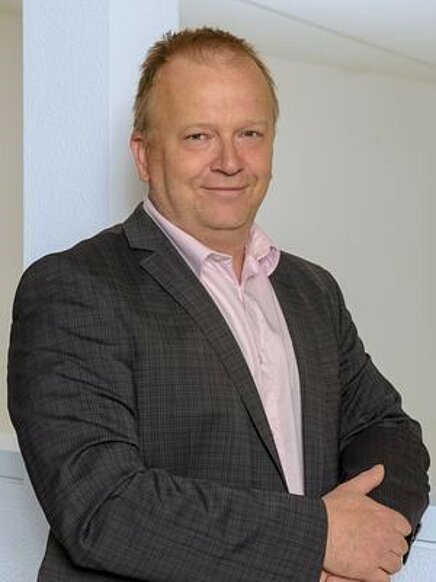
Jean-Francois Hausman obtained his PhD from Thomas Gaspar’s lab at the Laboratory of Phytohormonology, University of Liège (1996) studying hormonal balance during rooting induction.
He leads the Plant Molecular Farming research and innovation group at the Luxembourg Institute of Science and Technology in Luxembourg. The focus of the group is to use integrative and synthetic biology-based approaches to gain a comprehensive understanding of plant physiology and, more precisely, of plant cell dynamics, which will culminate in solutions for industrial applications in the field of industrial biotechnologies. His main research interests are plant cell culture, bioreactors, plant physiology and plant metabolite production. He has co-authored 203 research papers and review articles (H-index 48) and supervised the acquisition of a patent portfolio in plant biotechnologies (10 patents and patent applications).
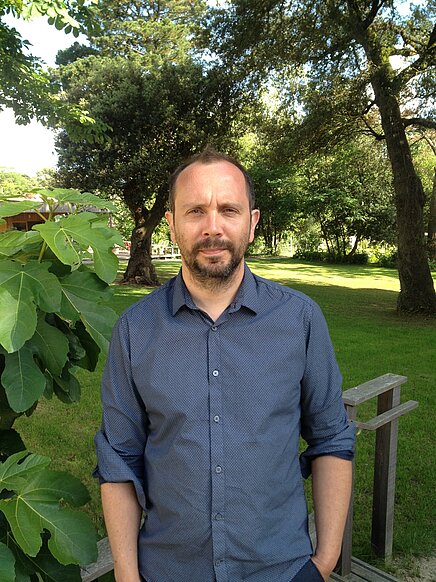
Sylvain Legay obtained his PhD in agronomical science and bio-engineering from the Université catholique de Louvain, Belgium.
In 2007, he joined the Luxembourg Institute of Science and Technology (LIST) and since then, Sylvain has further developed his expertise in plant science and plant bioprocesses using innovative integrated approaches combining functional genomics, transcriptomics, and analytical chemistry. He has led and continues to lead several projects aiming to produce ingredients for cosmetics, nutraceuticals, and dietary supplements.
He is co-author of 51 peer-reviewed articles (H-index 22).

Jenny Renaut currently leads the Biotechnologies and Environmental Analytics Platform of the Luxembourg Institute of Science and Technology.
With a PhD in Biology from the Catholic University of Louvain-la-Neuve (BE), Jenny began working at the CRP – Gabriel Lippmann in 2003, setting up a proteomics platform, focused on plants and abiotic stresses. She was chairwoman of the COST action Plant Proteomics in Europe and member of the scientific committee of COST until 2021. In 2012, in response to an increasing demand for metabolites, the proteomics platform was reorganised to include new offers in metabolomics. In 2015, analytical chemistry was added to the activities of the Biotechnologies and Environmental Analytics Platform. She has co-authored 182 research papers and review articles (H-index 42) and supervised the acquisition of a patent portfolio.
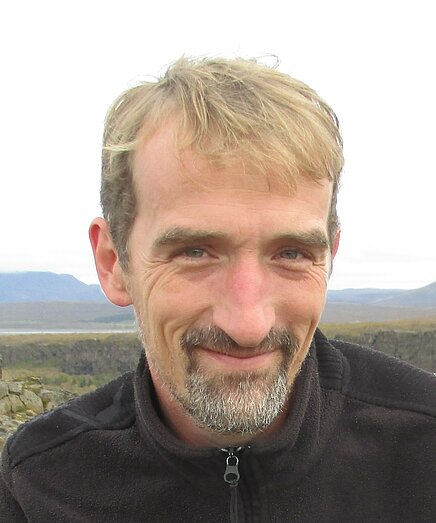
Kjell Sergeant is a researcher with a PhD in Biochemistry obtained from the University of Ghent, Belgium, in 2006.
His scientific activities initially focused on the use of proteomics in the study of different biological topics mainly related to the interaction between plants and the environment. More recently, he has expanded his focus to include the identification and quantification of metabolites in plants and plant cell cultures. As PI, he is currently running a project on biomass valorization and on the characterization of compounds with a potential interest in cosmetics.
He is co-author of 96 peer-reviewed publications (H-factor 31).
With a technical background in both –omics approaches, he currently contributes to different studies targeting the production of specialized metabolites for use in environmental/industrial applications.
Scientific committee
- Gea Guerriero, Luxembourg Institute of Science and Technology (LU)
- Jean-François Hausman, Luxembourg Institute of Science and Technology (LU)
- Sylvain Legay, Luxembourg Institute of Science and Technology (LU)
- Jenny Renaut, Luxembourg Institute of Science and Technology (LU)
- Kjell Sergeant, Luxembourg Institute of Science and Technology (LU